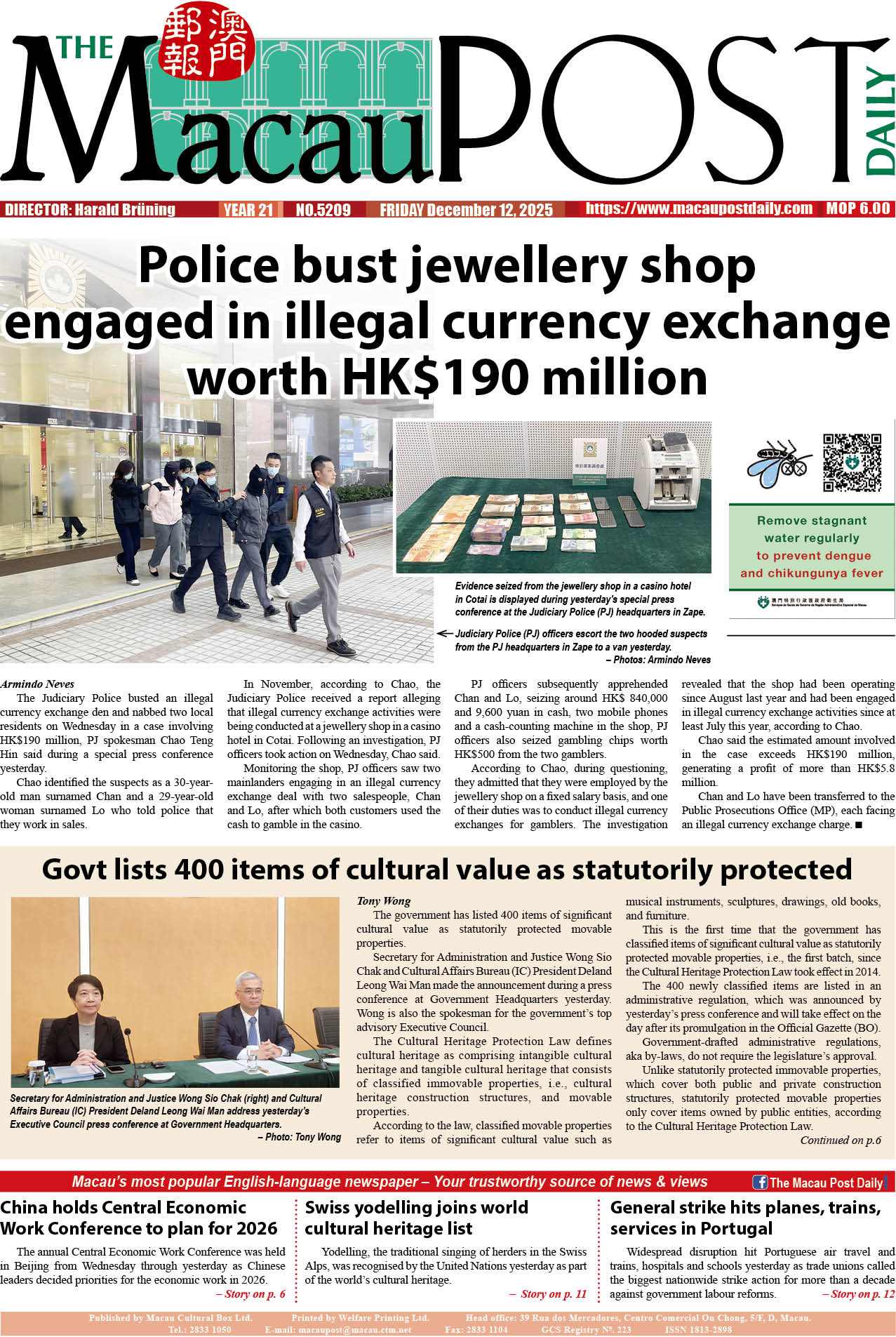Commentary
BEIJING – US President Joe Biden, in a belated and hasty manner, has concluded his first trip to Asia since taking office, seeking in vain to rope regional countries into Washington’s anti-China agenda.
During his five-day journey to Asia, Biden pitched his Indo-Pacific Strategy and the so-called Indo-Pacific Economic Framework (IPEF), in an attempt to create small cliques and turn Asia into a geopolitical arena for containing China. But behind all that sugarcoating, Washington’s ulterior motives can fool nobody.
In fact, a Cold War mentality is in the DNA of the warlike United States, which is in the habit of stoking divisions and confrontations, eclipsing its rivals in that regard and raking in profits.
As a long-established global superpower that continues to manipulate global issues and meddle in regional affairs, the United States has to face squarely, albeit unwillingly, its fading clout. With compounding woes at home, it can no longer spare enough time to play “cop of the world” like before, nor retain its economic hegemony.
That is why the IPEF may end up another hollow promise in Washington’s stockpile of lies. There is no real beef in the framework, which is neither complete nor clear at the macro level to outline an integrated regional economic order, and is more symbolic than it is effective.
A Bloomberg report said that many officials in Asia do not understand the IPEF, with some even asking “what is it that we want to join?” The Associated Press commented that the framework lacks practical elements such as market access, and its true appeal is in question.
The deal is in essence a “blueprint” for creating another exclusive US-led economic bloc to isolate and counter China, and again by means of forcing regional countries to take sides and disrupting the regular regional economic order.
Such attempts were further exposed when Biden chose a Samsung Electronics Co. semiconductor plant as his first destination in South Korea. The trip was undertaken as “the US seeks to strengthen supply chains and reboot its own manufacturing amid competition with China,” according to the Wall Street Journal.
As the world economy is sailing through rough seas, Washington’s attempt to deliberately create economic decoupling, technological blockades, and industrial chain disruptions will aggravate the supply chain crisis, damage the regional cooperation structure and strain regional integration.
This anachronistic move can fool no sober minds. When Biden arrived in Japan on Sunday, about 750 protesters took to the streets against the planned U.S.-Japan summit and the summit of the Quadrilateral Security Dialogue (Quad). Takakage Fujita, director-general of a civil group dedicated to upholding and developing the Murayama Statement*, told Xinhua that the United States “cooked up the IPEF to use Japan and ASEAN countries for the benefit of its own.”
It is also worth noting that Biden was the only one of the four leaders who mentioned “China” during the Second In-Person Quad Leaders’ Summit on Tuesday. It not only laid bare Washington’s devious plans to counter China militarily through the geopolitical bloc of Quad, but also indicated that each country in the region has its own worries and is hesitant to get on Washington’s anti-China chariot.
A few years ago, Washington waged a trade war on Beijing, sending shockwaves across the world. Most recently, following the outbreak of the Russia-Ukraine conflict, the US-led NATO has kept on fanning the flames, which has exacerbated the humanitarian crisis, heightened international security concerns and jolted the global market.
However, a self-serving Washington remains on the wrong track. It continues to peddle a so-called “deterrence” and “containment” policy, seeking to manipulate Asia-Pacific countries as pawns to retain its hegemony and to build an Asian-Pacific version of NATO.
Its divisive attempt is doomed here in Asia, an inclusive region which embraces globalization and free trade, and a region that has created a world-inspiring “Asia-Pacific miracle.” Bloc politics can never engage Asian countries in any frameworks, but win-win cooperation can. Peace and prosperity in the Asia-Pacific are not only important for the region, but also for the world.
Washington should quit inventing pretexts to destabilize other regions, and focus instead on solving its own crises and engaging in equal-footed, inclusive cooperation that delivers concrete results. – Xinhua
* The Murayama Statement is a political statement released by former Prime Minister of Japan Tomiichi Murayama on August 15, 1995, officially titled “On the Occasion of the 50th Anniversary of the War’s End”. It synthesised the position of the Japanese government on historical recognition and reconciliation with Asia and other nations subjected to Japanese colonialism, primarily involving China and South Korea. It recognises the judgements of war tribunals prescribed in Article 11 of the San Francisco Peace Treaty. In this way, the Murayama Statement played a significant role in both the reconciliation of war issues as well as the shift in both domestic and international perception of Japan. – Source: Wikipedia







